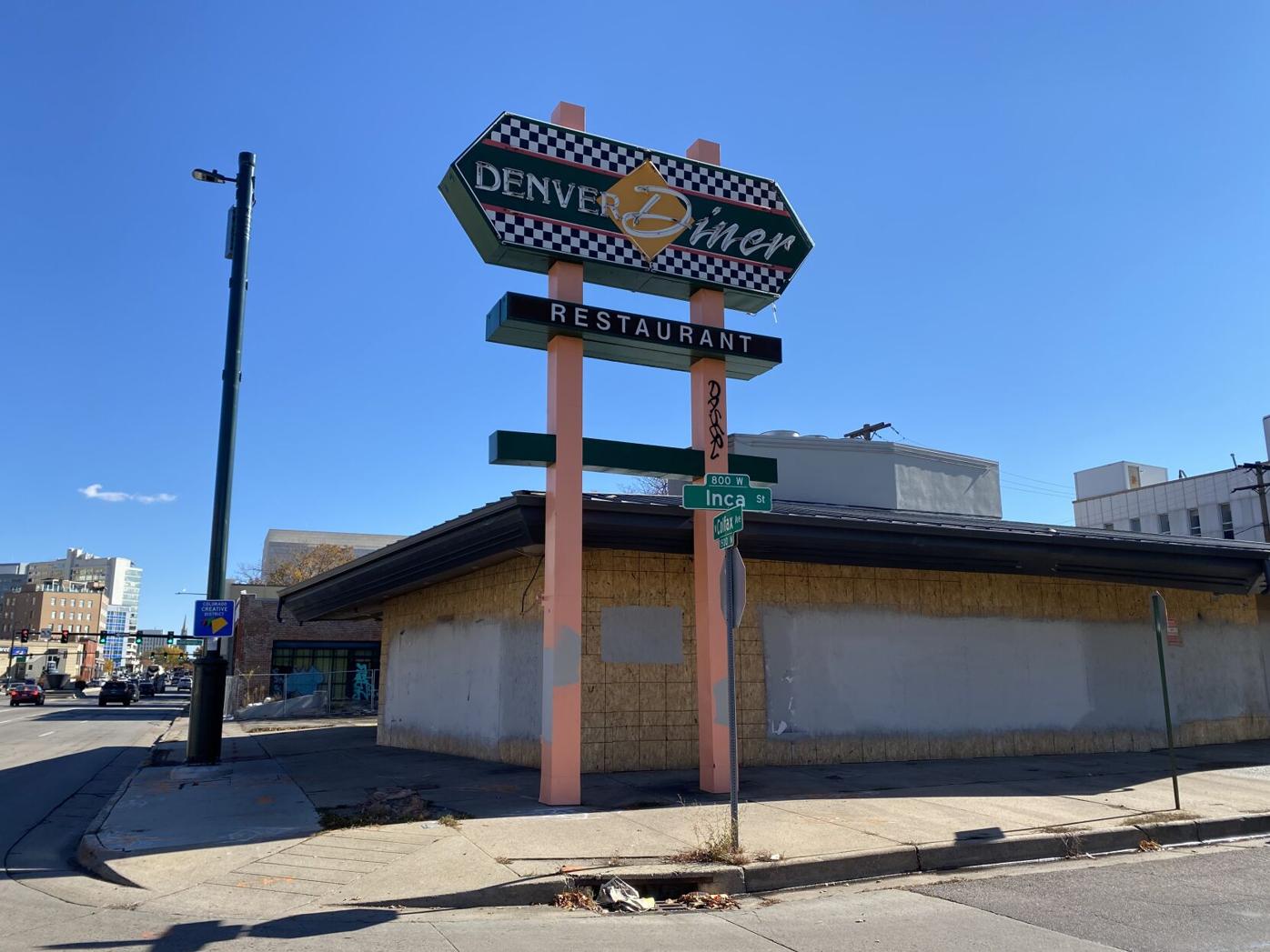Denver increases fines for owners of derelict properties
The Denver City Council unanimously approved an amendment to Chapter 10 of the city code on Monday, giving officials more power to hold owners accountable for some 300 neglected and derelict buildings in the city and a significant increase in fines.
Fines could pile up quickly, as each day of non-compliance could be considered a separate violation.
This is the first update to the city’s ordinance regarding such properties since 2012.
“We brought forward thoughtful and deliberate changes to how we handle abandoned buildings,” District 3 Councilmember Jamie Torres said. “We all have them in our neighborhoods, and until you’re next to one, you don’t fully appreciate the disappointment, and you feel that nothing ever seems to change or improve with some of those properties.”
District 6 Councilmember Paul Kashmann said calls regarding properties that “downgrade the quality of life” and pose safety issues are a constant in his district.
The new changes include processes for property owners to participate in remediation and give the planning department the power to initiate emergency abatements should a property pose an imminent hazard and to require property owners to reimburse the city.
Properties identified as problematic will be added to a city registry for tracking.
Neglected vacant lots would also be subject to the new ordinance.
City planning officials said a majority of the derelict properties are single-family homes, but the city’s list also includes commercial properties and 40 historic properties.
Historical properties would also require buy-in from the Landmark Preservation Commission or the Lower Downtown Design Review Commission. Property owners would then have 10 days to appeal.
Under the new law, when the Community Planning and Development Department inspects a building and authorities declare it neglected or derelict, an initial order is issued and the property owner will be required to attend a meeting to discuss plans for remediation.
In some extreme cases, property owners may even be ordered to secure the property with locks and fences.
The remedial plan would either be approved or issued by the city.
If a property owner fails to comply with orders, the city may issue an administrative citation, assessing a civil penalty of up to $5,000, an increase from $999.
Each day a violation exists or continues would be considered a separate violation. Administrative citations could also be appealed.
Penalties would be payable 30 days after a final order is issued. Potential actions to collect unpaid penalties would include criminal prosecution, distraint warrants and receivership.
Generally, a neglected and derelict building is an unoccupied building that city inspectors have identified as unsafe, a nuisance, habitually in violation of city codes or at least one year behind in property taxes, according to the city’s website.
In May, the City of Aurora adopted a similar ordinance considered a “last resort measure” that would allow the city to request a receiver to take control of derelict or neglected property and provide the necessary repairs if the manager or owner does not comply.
Costs would be assessed against the owner as a property lien.
Once compliance is achieved, the property will be returned to the owner.
Estimates suggest that the new law would result in a 30% increase in administrative citations.
Funds from such fees would bring in additional revenue that would go into the city’s general fund.
It would also increase demands on the city’s administrative operations, accounting and neighborhood inspections staff, possibly requiring up to two new full-time employees.
Facing a $250 million budget deficit over the next 18 months, the city recently announced it will begin merit-based layoffs in August as a way to help fill the financial gap.





